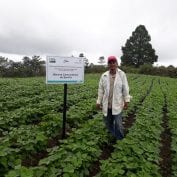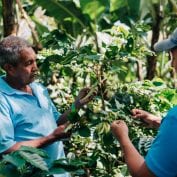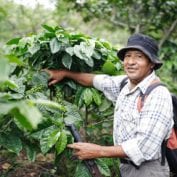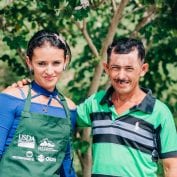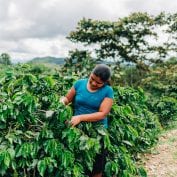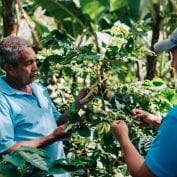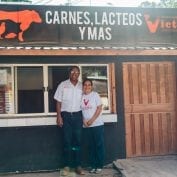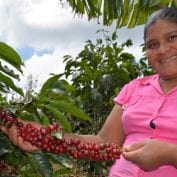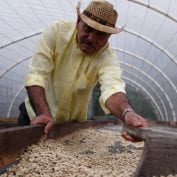Bean Farmers in Honduras Increase Incomes and Improve Food Security during the COVID-19 Pandemic
The COVID-19 pandemic has accelerated the potential for a global food crisis. In Honduras, bean producers play an important role in increasing food security. We talked to Tomás Membreño, chief of party for the MAS 2.0 program, to learn how they are improving their livelihoods and contributing to food security through this crisis.



